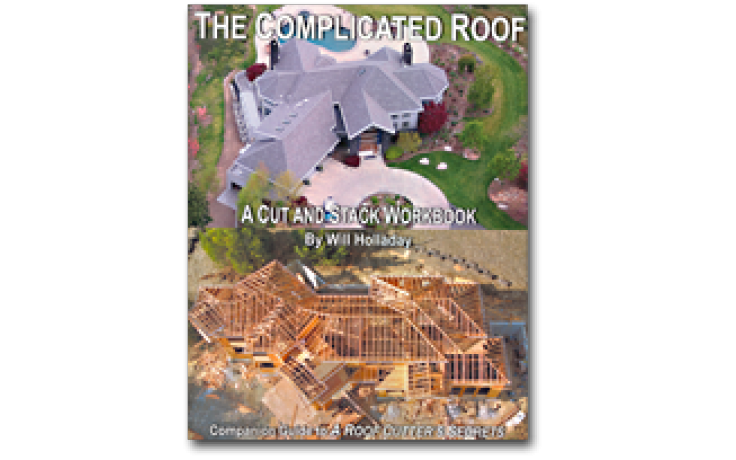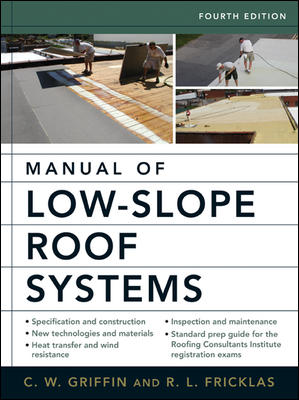Calamity in Fla. Insurance Markets
RCMA Taps Veteran Lobbyist to Address Fla. Roofing Insurance Challenges
Roof Coatings Manufacturers Association hires Chip Case to advocate for solutions to Florida's roofing insurance challenges

The Roof Coatings Manufacturers Association hopes veteran lobbyist Chip Case can help untangle some unintended consequences following Florida’s recent property insurance regulation reforms. Pictured above is the Capitol Complex in Tallahassee.
— Image courtesy of the state of Florida
 The Roof Coatings Manufacturers Association has sought help from veteran lobbyist Chip Case, founder of Jefferson Monroe Consulting, to lead the association's advocacy efforts to address the “unintended consequences” of Florida’s recent property insurance regulations.
The Roof Coatings Manufacturers Association has sought help from veteran lobbyist Chip Case, founder of Jefferson Monroe Consulting, to lead the association's advocacy efforts to address the “unintended consequences” of Florida’s recent property insurance regulations.
Case, a seasoned expert in legislative strategy with decades of experience, is said to spearhead RCMA's efforts to address the adverse impacts of these regulations on low-slope roofing systems in residential and commercial sectors.
As Roofing Contractor has reported, Florida's property insurance regulations have raised significant concerns within the roofing industry. In a Jan. 14 news release, the RCMA outlined concerns roofing contractors want addressed in the Sunshine State, including:
- The misclassification of low-slope roofing systems under the same regulatory framework as steep-slope roofing has created widespread financial strain for property owners, including many seniors living in condominium complexes.
- Mandates to remove and replace roofs over 15 years old—regardless of functionality—increase homeowners' costs and contradict sustainability goals. This is especially true for low-slope roofing systems with reflective coatings, which reduce energy consumption and cooling demands.
Additionally, the unnecessary replacement of functional roofs generates significant waste, further straining landfills and conflicting with national and global objectives for sustainable development and resource efficiency.
“These regulations unfairly treat low slope roofing and steep slope roofing as interchangeable, despite their vastly different functions and performance characteristics,” said Jenn Brake, Executive Director of RCMA. “This has placed an undue burden on homeowners and businesses while contradicting sustainability and resilience goals.”
RCMA said it is committed to collaborating with state legislators, regulatory bodies, and industry stakeholders to develop practical, sustainable policies that address the needs of Florida’s residents and the roofing industry.
“These common-sense solutions will not only alleviate the financial burden on property owners but also reduce environmental waste and uphold the integrity of the roofing industry’s decades-long investment in durable, sustainable products,” Case said.
“I look forward to working with RCMA to advocate for changes that protect Florida homeowners while supporting the state’s economic and environmental goals,” he added.
For more information about the RCMA, visit roofcoatings.org.
Looking for a reprint of this article?
From high-res PDFs to custom plaques, order your copy today!









